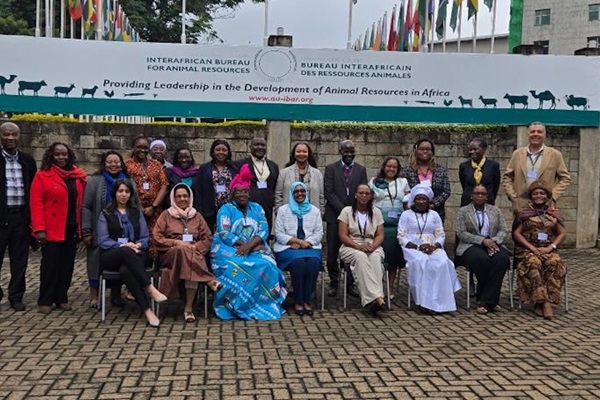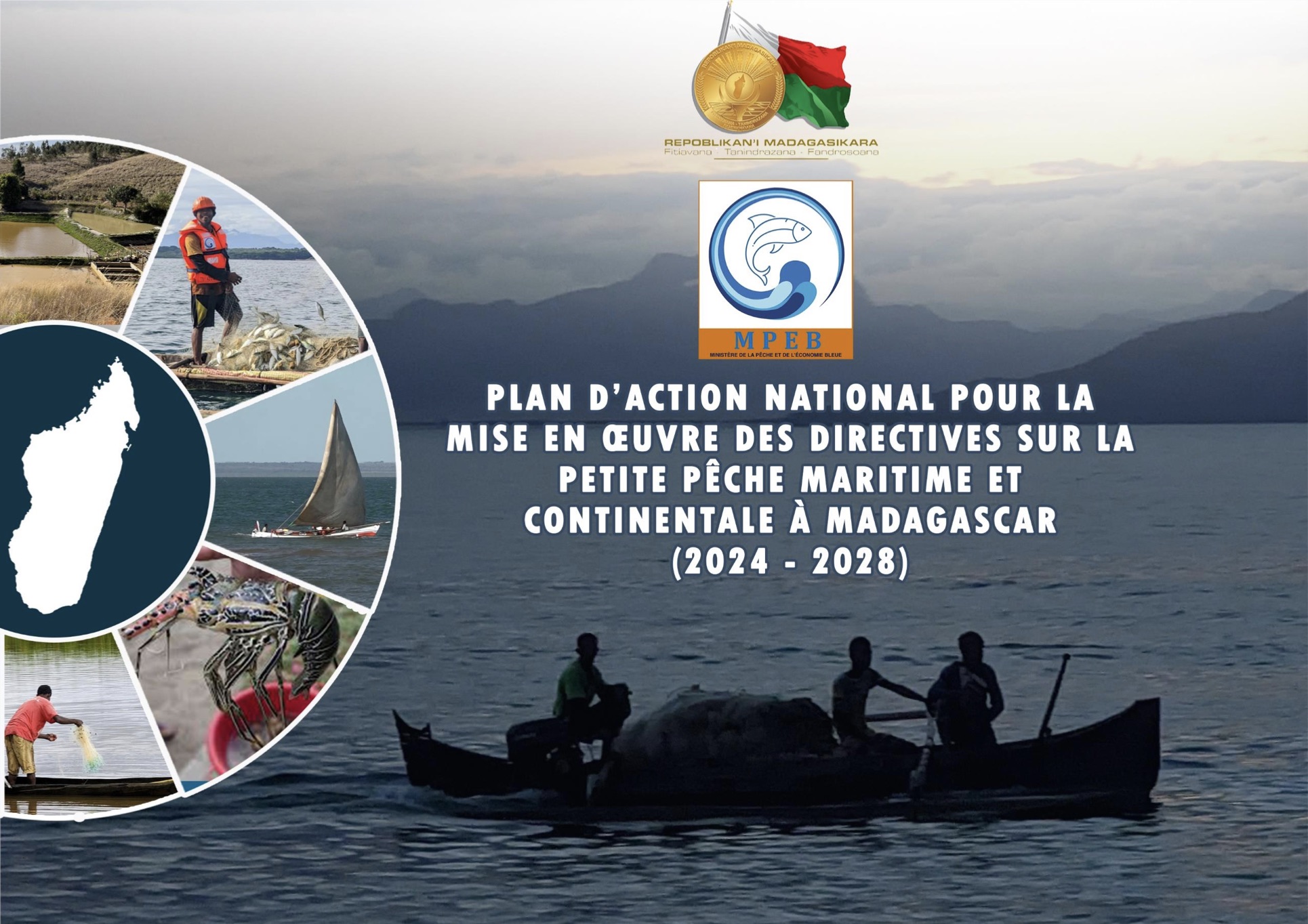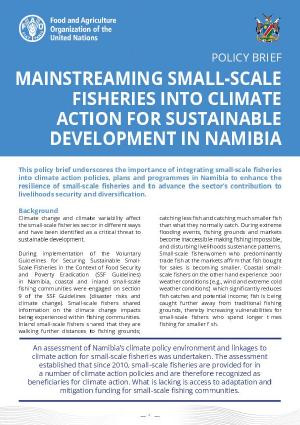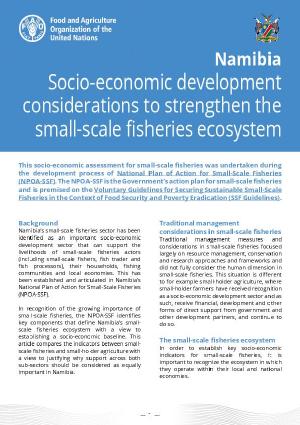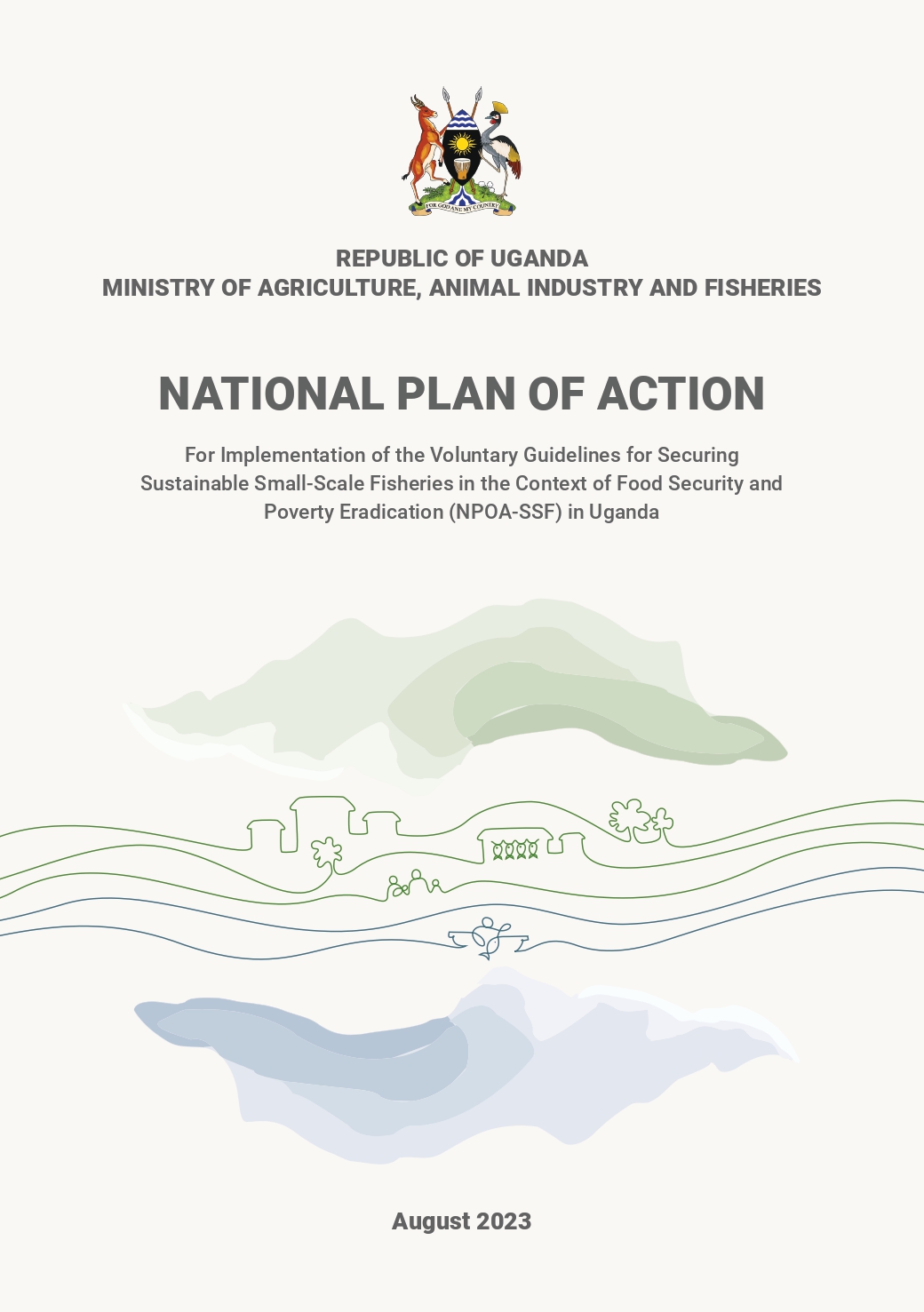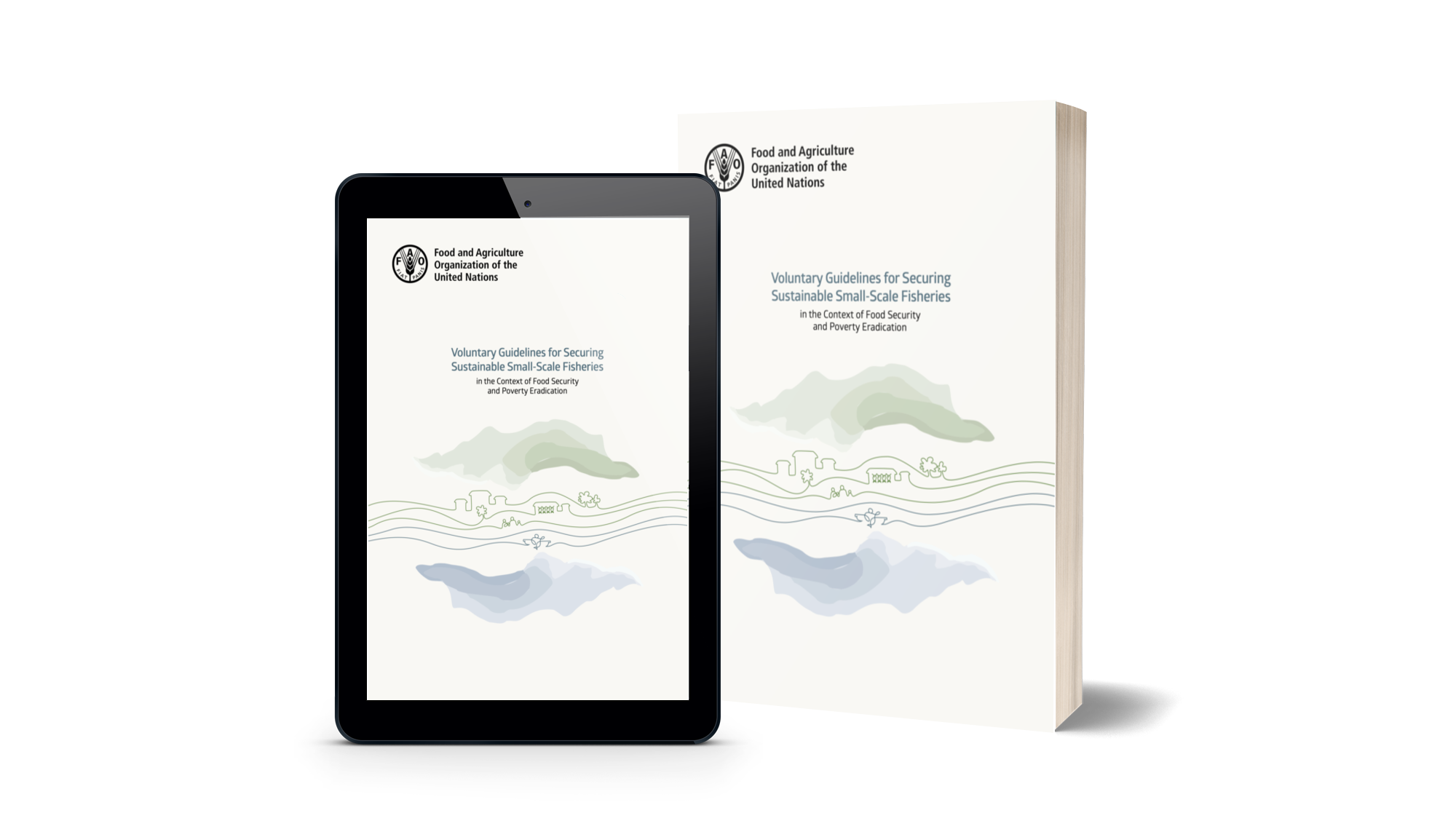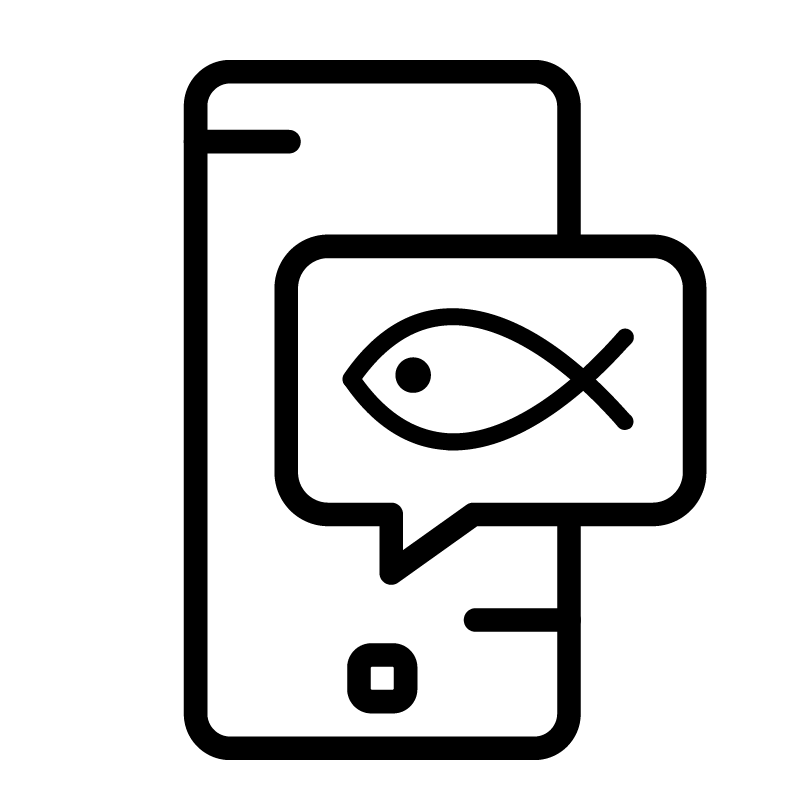This project, a sub-programme of the FAO Flexible Voluntary Contributions fund ( FVC), is the second phase of the project Implementing the Small-Scale Fisheries Guidelines for gender-equitable and climate-resilient food systems and livelihoods. It aims to enhance the resilience and sustainability of livelihoods within small-scale fisheries communities by implementing the SSF Guidelines, with a specific emphasis on post-harvest sector improvements and gender equality.
The SSF Guidelines are intended to support the visibility, recognition and enhancement of the already important role of small-scale fisheries and to contribute to global and national efforts towards the eradication of hunger and poverty. They support responsible fisheries and sustainable social and economic development for the benefit of current and future generations, with an emphasis on small- scale fishers and fish workers and related activities and including vulnerable and marginalized people, promoting a human rights-based approach.
All parties should recognize that capacity development should build on existing knowledge and skills and be a two-way process of knowledge transfer, providing for flexible and suitable learning pathways to meet the needs of individuals, including both men and women and vulnerable and marginalized groups. Moreover, capacity development should include building the resilience and adaptive capacity of small- scale fishing communities in relation to disaster risk management and climate change adaption.
§12.3 SSF Guidelines
Activities will take place in Ghana, Madagascar, Namibia, the Philippines, the United Republic of Tanzania and Uganda, and have been designed through a participative process and based on the four expected outputs of the project. These activities include enhancing effective participation of small-scale fisheries stakeholders in organizations, developing hard and soft skills in the post-harvest segment of the value chain, and increasing local ownership and partnerships in the subsector. In addition, the project aims to further develop and implement National Plans of Action for Small-Scale Fisheries (NPOAs-SSF).
Expected Outputs

Responsible and climate smart practices as well as better working conditions in small-scale fisheries, in particular in the post-harvest segment.

Strengthened small-scale fisheries organizations through collaboration and experience sharing, with improved participation and representation in decision-making processes and value chains, in particular for women.
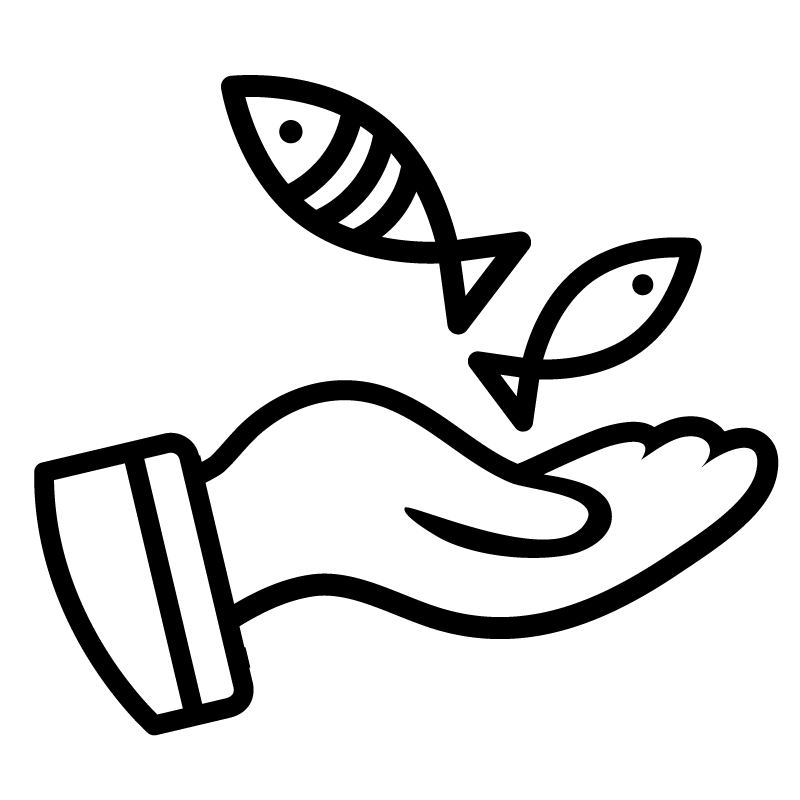
Supportive policies through initiation, development, and implementation of National Plans of Action for Small-Scale Fisheries at national level as agreed frameworks for action.
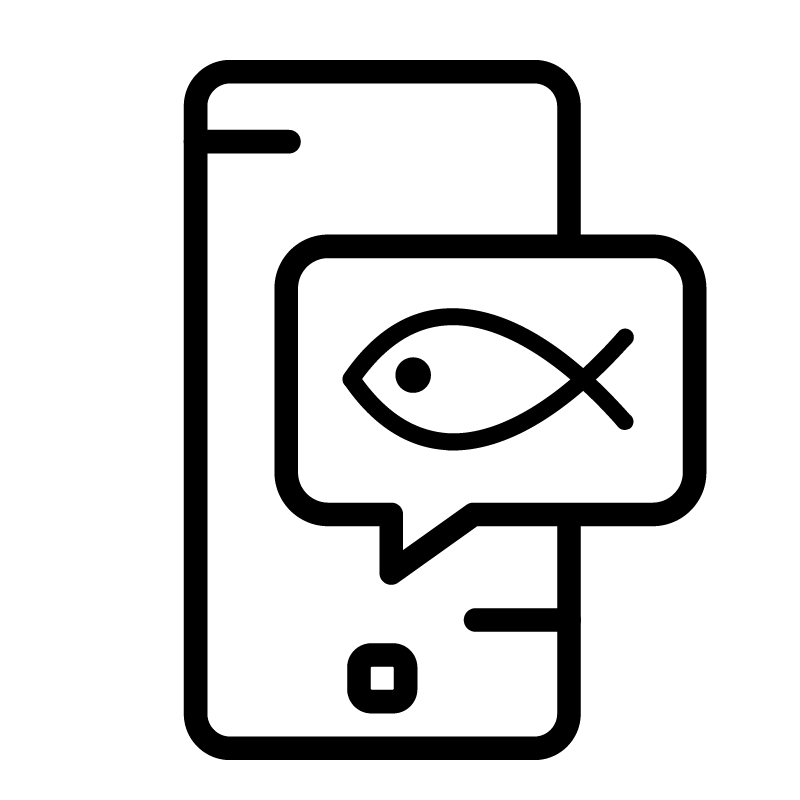
Strengthen global knowledge, collective learning, and capacity for implementing the SSF Guidelines.
Related SDGs
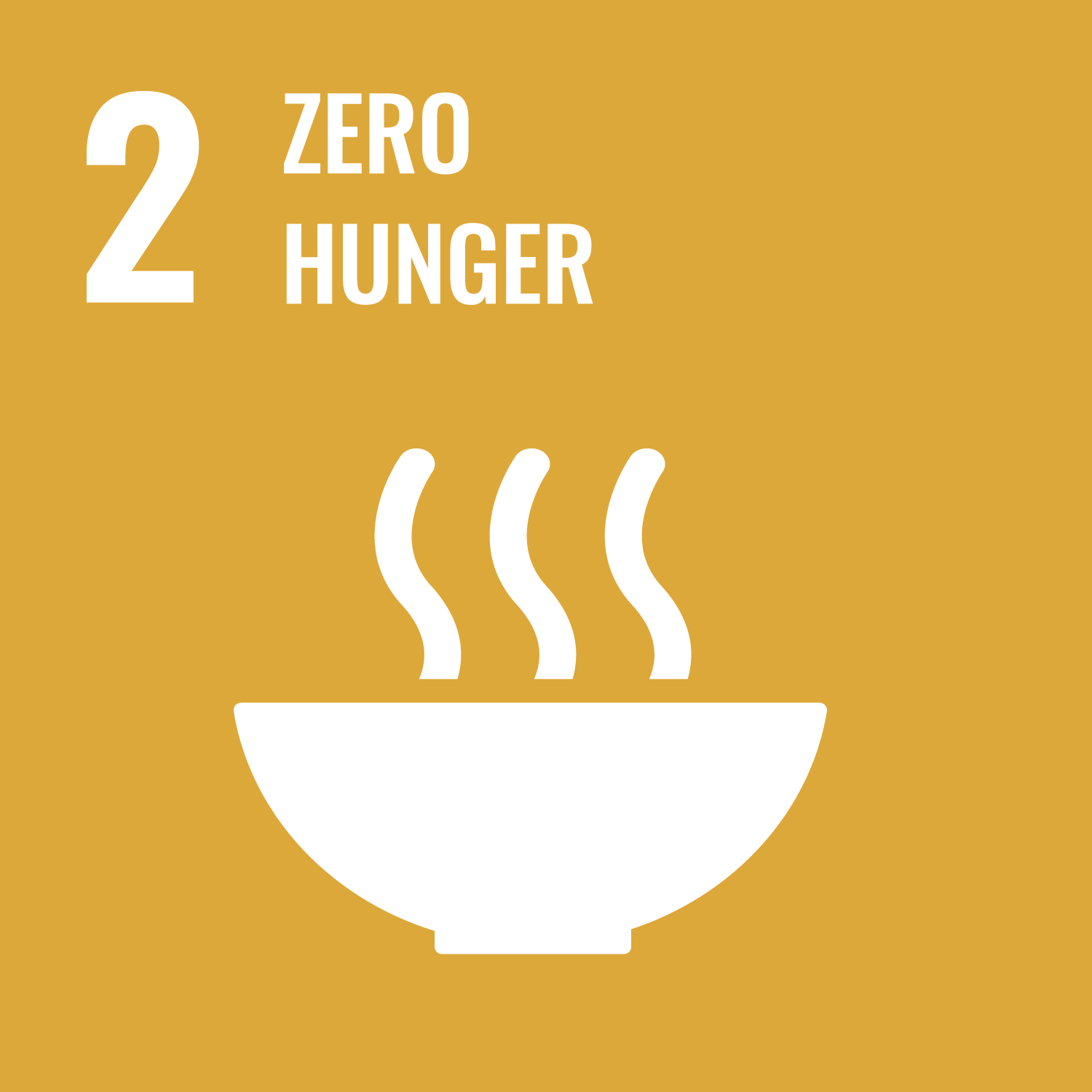
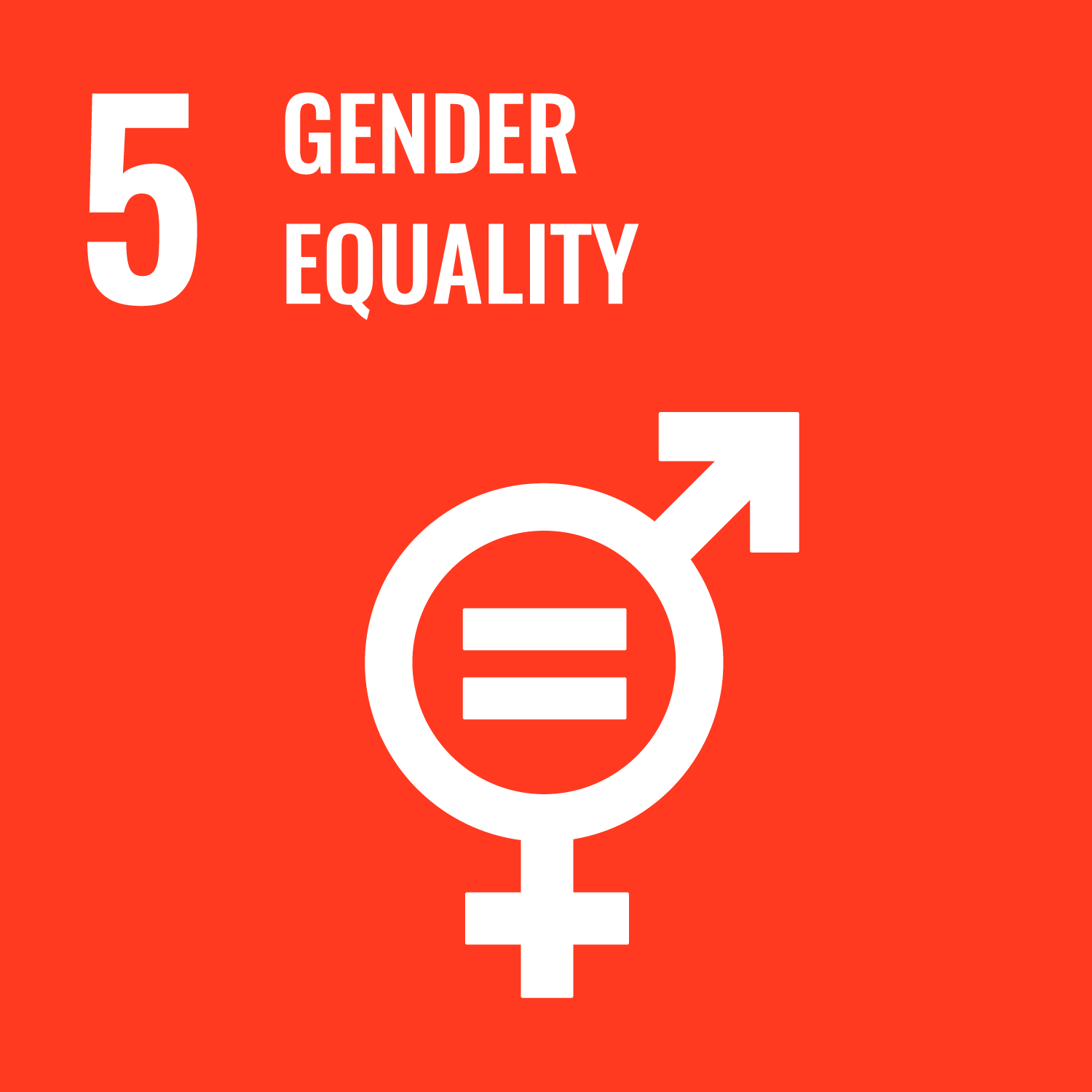
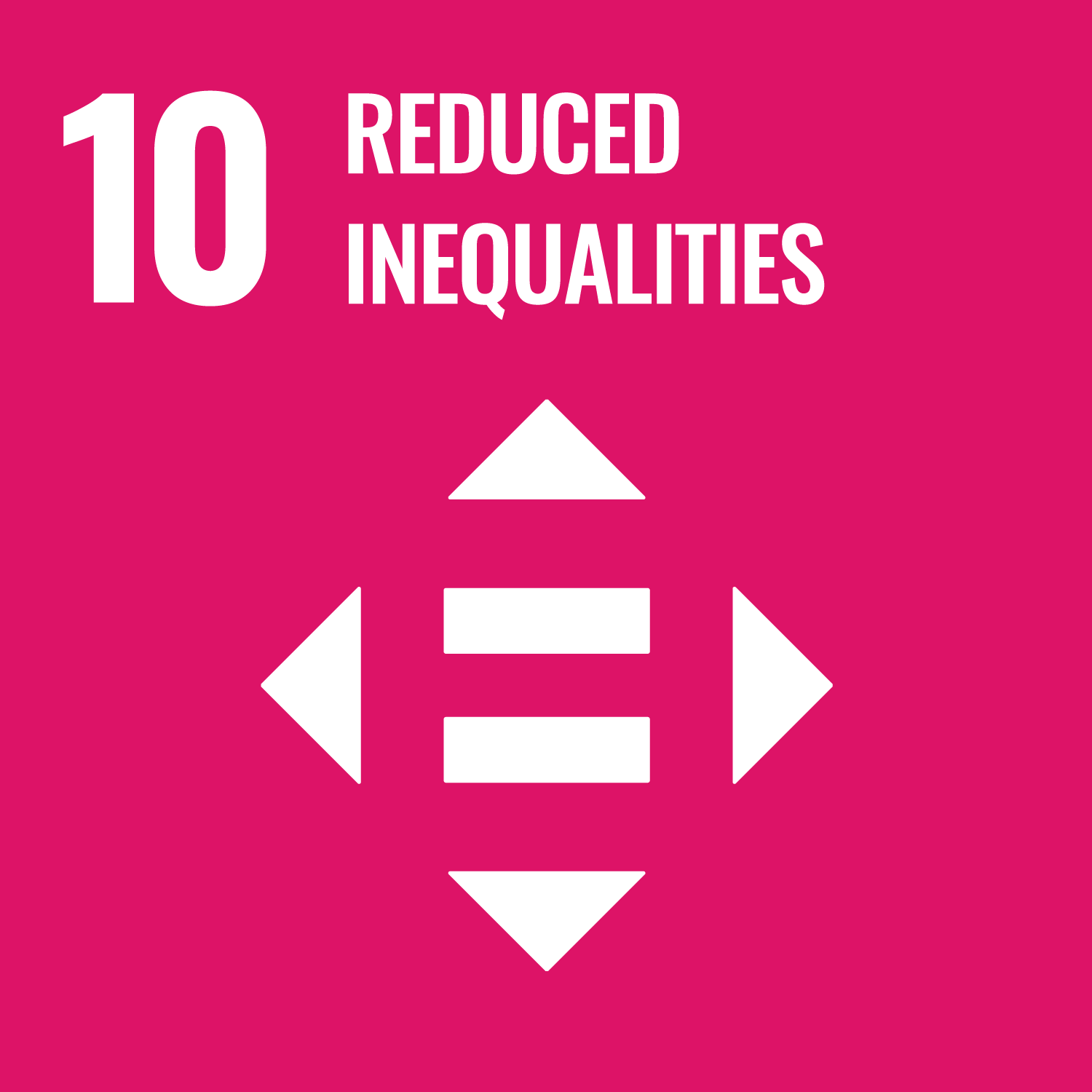

Related publications
Related news
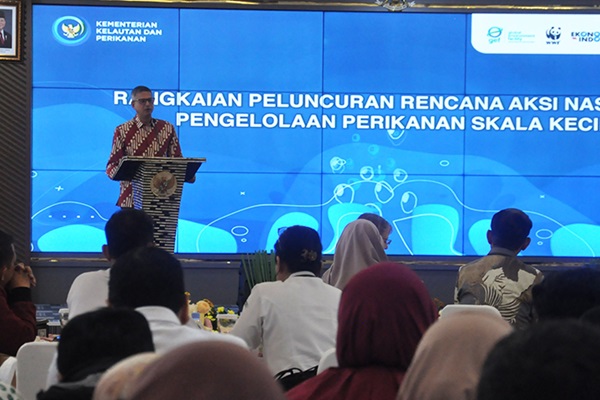
Indonesia launches National Action Plan for Small-Scale Fisheries
25/11/2025
In a major step toward strengthening the country’s coastal fishing communities and sustainable fisheries management, the Ministry of Marine Affairs and Fisheries of Indonesia (MMAF) has officially launched the National Action Plan for Small-Scale Fisheries Management (NPOA-SSF) on 5 November 2...
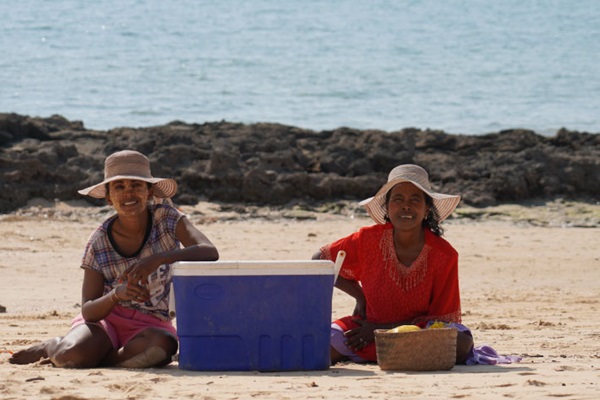
From ice to price: how an ice-machine improve gains for women working in post-harvest fisheries activities in Madagascar
21/11/2025
On the beach of Toliara, Madagascar, women wait under the sun with their coolers ready. The first boats are approaching, and this time, their fish will stay fresh long enough to fetch a fair price.
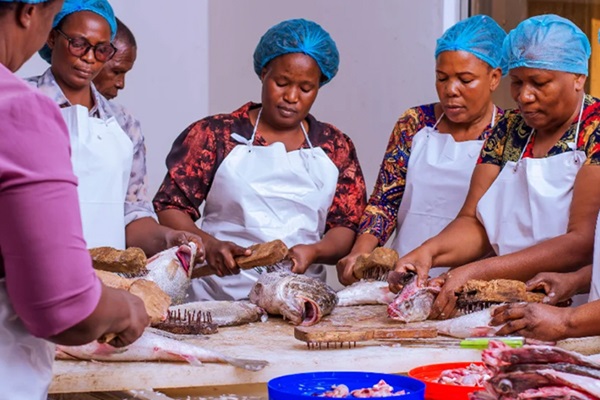
Reeling in a better future for Tanzania’s women fish workers
16/10/2025
When Hadija Malibiche first started buying and selling fish in the coastal region of Mtwara, she worked alone and struggled to make a steady income. Like many women in small-scale fisheries, she had no access to credit, little bargaining power in the market, and few opportunities to grow her business. That changed after she joined a group of fishers that belongs to the Tanzania Women Fish-workers Association (TAWFA).
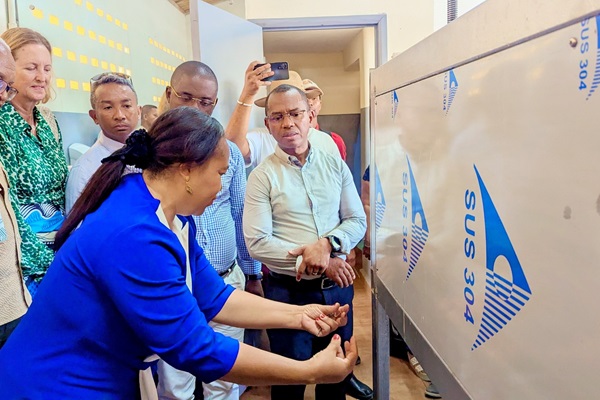
Inauguration of the ice machine donated by FAO to the National Network of Women in Fisheries in Madagascar
12/09/2025
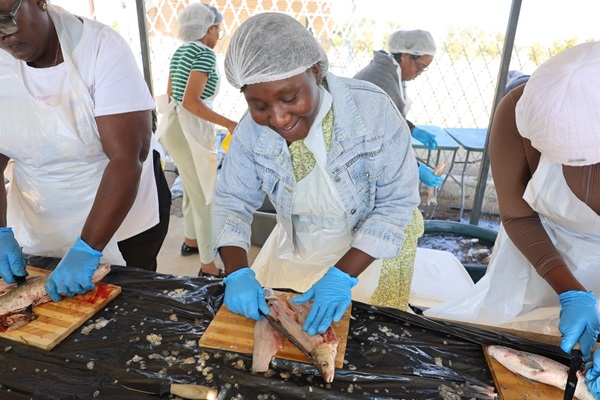
FAO empowers small-scale fishers and traders through climate-smart post-harvest trainings in Namibia
10/09/2025
In support of Namibia’s efforts to build resilient, inclusive, and sustainable agri-food systems, FAO has strengthened its collaboration with small-scale fisheries (SSF) communities through two Training of Trainers (ToT) and two supervised training workshops held in Keetmanshoop and Rundu betw...
